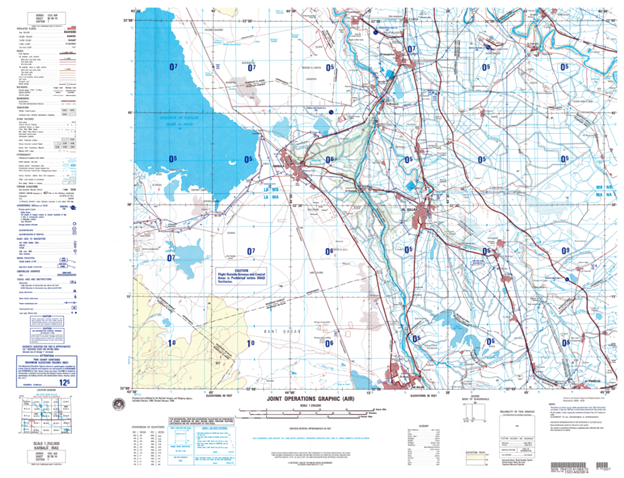Resilience is commonly defined as the ability to prepare for and adapt to changing conditions and withstand and recover rapidly from disruptions. It includes the ability to withstand and recover from deliberate attacks, accidents, or naturally occurring threats or incidents. It’s an emerging science that requires systems thinking along a full lifecycle and across all aspects of life including safety and security, socio-economic, cultural, and the environment. As an example, coastal community resilience requires a broad perspective on critical infrastructure, social and cultural systems, environmental resources, and external forces like climate change. To succeed at coastal resiliency, we must look to deliver value along the full value chain including assessment and ideation, design, construction, operation, and decommissioning of systems that support resiliency.






